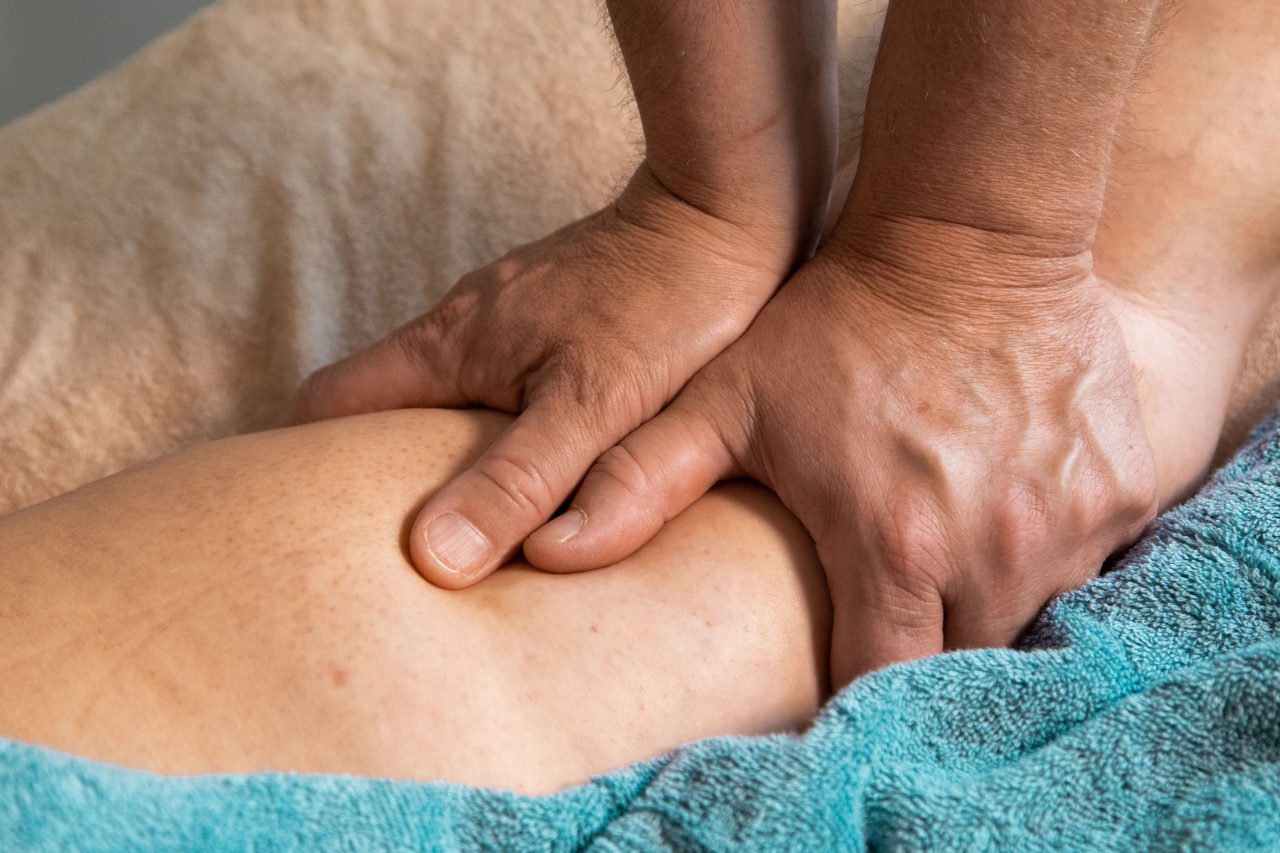Physiotherapy plays a crucial role in the rehabilitation process following urological surgeries. These surgeries, often necessary to address a range of urological conditions such as prostate cancer, bladder issues, or incontinence, can significantly impact a patient’s quality of life. The integration of physiotherapy into post-surgical care is essential for enhancing recovery, improving functionality, and reducing the risk of complications.
Understanding Urological Surgeries and Their Impact
Urological surgeries encompass a wide range of procedures targeting the urinary tract and the male reproductive system.
These surgeries, including prostatectomies, cystectomies, and surgeries for urinary incontinence, often lead to physical challenges such as pain, muscle weakness, and limited mobility. The surgical intervention, while necessary, can disrupt the normal functioning of the pelvic muscles and nerves, necessitating a structured rehabilitation approach.
The Role of Physiotherapy in Rehabilitation
Physiotherapy after urological surgery focuses on restoring strength, flexibility, and function in the affected areas. A key component is pelvic floor physiotherapy, which aims to retrain and strengthen the pelvic floor muscles. These muscles play a vital role in urinary and faecal continence, sexual function, and core stability.
Early Intervention and Assessment
Early physiotherapy intervention, ideally initiated within the first few weeks post-surgery, is crucial. The initial assessment by a physiotherapist will typically involve evaluating the patient’s physical condition, range of motion, muscle strength, and any specific challenges arising from the surgery.
Customised Rehabilitation Programmes
Based on the assessment, the physiotherapist will develop a personalised rehabilitation programme. This programme may include exercises for pelvic floor muscle training, core strengthening, and general conditioning. The exercises are progressively adjusted as the patient’s condition improves.
Pain Management and Education
Managing post-operative pain is another critical aspect of physiotherapy. Techniques such as soft tissue massage, heat therapy, and guided exercises can help alleviate pain. Additionally, physiotherapists provide valuable education on post-surgical care, activity modification, and strategies to prevent complications.
At the Urocare Clinic, the role of physiotherapy in post-urological surgery rehabilitation is exemplified through a patient-centric approach. Here, patients receive comprehensive care that extends beyond surgical intervention, incorporating personalised physiotherapy plans designed to address individual recovery goals and challenges.
Advancements in Physiotherapy Techniques
Recent advancements in physiotherapy have further enhanced the rehabilitation process for post-urological surgery patients. Techniques such as biofeedback, electrical stimulation, and virtual reality exercises are increasingly being integrated into treatment plans.
These technologies aid in muscle re-education and provide interactive and engaging ways for patients to participate in their recovery.
Collaboration With Healthcare Professionals
Effective rehabilitation following urological surgery involves a multidisciplinary approach. Physiotherapists work closely with urologists, nurses, and other healthcare professionals to ensure a coordinated and holistic approach to patient care. This collaboration is vital for addressing all aspects of the patient’s health and well-being during the recovery process.
Long-Term Benefits and Patient Outcomes
The long-term benefits of integrating physiotherapy into post-urological surgery rehabilitation are significant. Patients often experience improved functional outcomes, reduced incidence of complications such as incontinence or sexual dysfunction, and an overall better quality of life.
Furthermore, physiotherapy empowers patients with the knowledge and skills needed to manage their health proactively.
Conclusion
Physiotherapy is an indispensable part of the rehabilitation process following urological surgeries. By focusing on restoring function, managing pain, and providing education, physiotherapy plays a vital role in helping patients return to their daily activities and enjoy a better quality of life.
The collaborative efforts of healthcare professionals, along with advancements in physiotherapy techniques, continue to improve outcomes for patients undergoing these critical surgeries.









No Comments